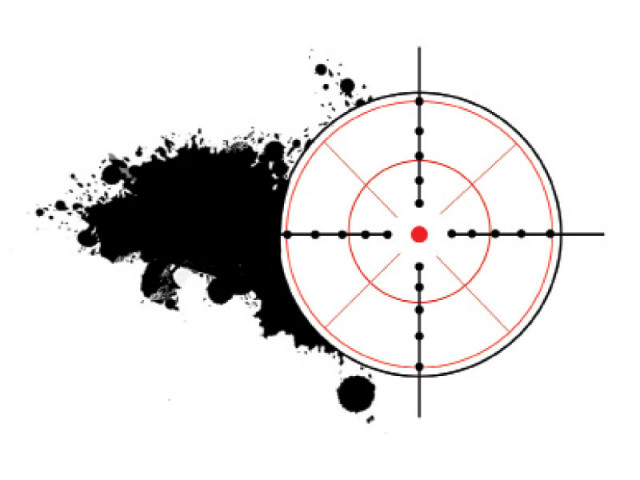Intelligence sharing
For now, on the face of it, it seems the prime minister has the military’s support on the formation of NID.

Bringing the intelligence wings of Pakistan’s various security outfits — 26 by one count, 33 by another — together goes a long way in assuaging this pressing problem. PHOTO: FILE

The basic idea of the NID is simple enough. Have all your intelligence outfits — and there are many in Pakistan — in one room discussing one problem: terrorism, and how to defang and frustrate its exponents. Intelligence-sharing — a lack thereof, that is — has been a big concern not only in Pakistan but elsewhere too. In the United States, the Directorate of National Intelligence (DNI) was formed in 2004 after the investigation into 9/11 found that intelligence sharing and communication was a problem. Perhaps, Pakistan should have followed suit sooner. How often have we heard in Pakistan after innumerable terrorist attacks that one outfit or another had some form of intelligence on the event before it took place — only for the others to plead that the intelligence was vague and not communicated properly? Often the problem has not been of pre-event information, but one of communication — and often this problem has been between military and civilian intelligence outfits.
Bringing the intelligence wings of Pakistan’s various security outfits — 26 by one count, 33 by another — together goes a long way in assuaging this pressing problem. But the formation of the body is obviously only half the work. As they say, the proof of the pudding is in the eating. Too often grand schemes have been launched in Pakistan only for them to exist only on paper. In fact, the formation of the body that will control the NID, the National Counter-Terrorism Authority (Nacta), is a good example given that it lay dormant (and still does for all intents and purposes) since its formation in 2012. Even if the government attempts to fast-track the NID, some important questions will remain. Foremost amongst these is to what level military intelligence outfits, most importantly the Inter-Services Intelligence (ISI), will cooperate. The ISI, admittedly the top intel outfit in Pakistan, has a record of being fiercely independent — perhaps, some would say, even too independent. We remember what happened when there was an attempt to bring the ISI under civilian control during the previous Pakistan Peoples Party government.
We are yet to learn the procedural and structural details of the NID. The National Internal Security Policy, the guiding document of this move, pleads that, “Intelligence coordination among all the civilian and military intelligence agencies is one of the most important tasks under this policy.” But the body mentioned in this document is called the Directorate of Internal Security (DIS) not the NID. Is this the same body? If so, there is meant to be a proper mechanism for determining who will head the body. After all, the document rightly notes about the efficacy of the body that, “Full integration and utility is possible only under one central command, in one place and hierarchy of power to direct and supervise.” One thorny question that comes up immediately is: if the head is civilian, will this be acceptable to the military? If he is from one agency, will the other agencies accept it? For now, on the face of it, it seems the prime minister has the military’s support on this welcome initiative — and that’s good news for the country. Egos have no place in the fight to save Pakistan.
Published in The Express Tribune, March 21st, 2014.
Like Opinion & Editorial on Facebook, follow @ETOpEd on Twitter to receive all updates on all our daily pieces.















COMMENTS
Comments are moderated and generally will be posted if they are on-topic and not abusive.
For more information, please see our Comments FAQ